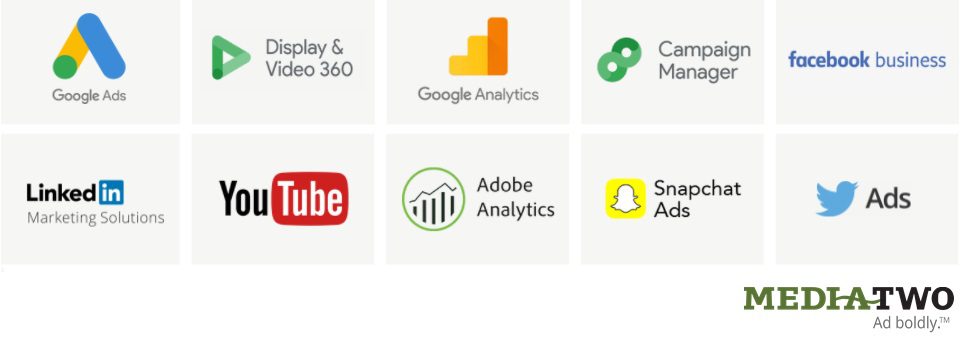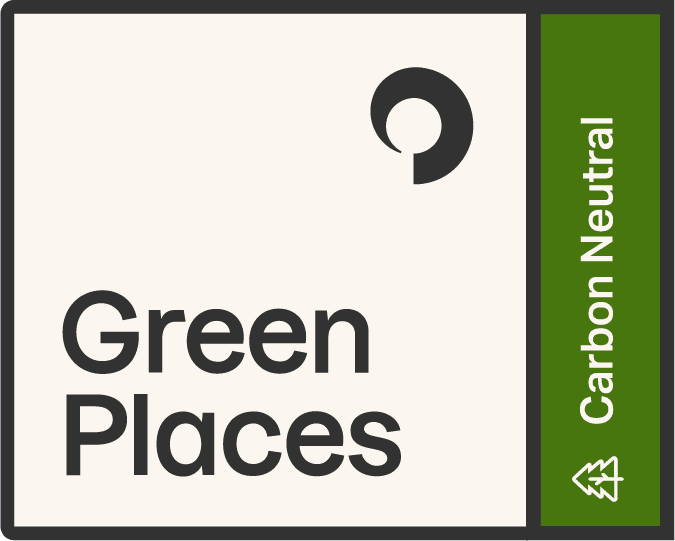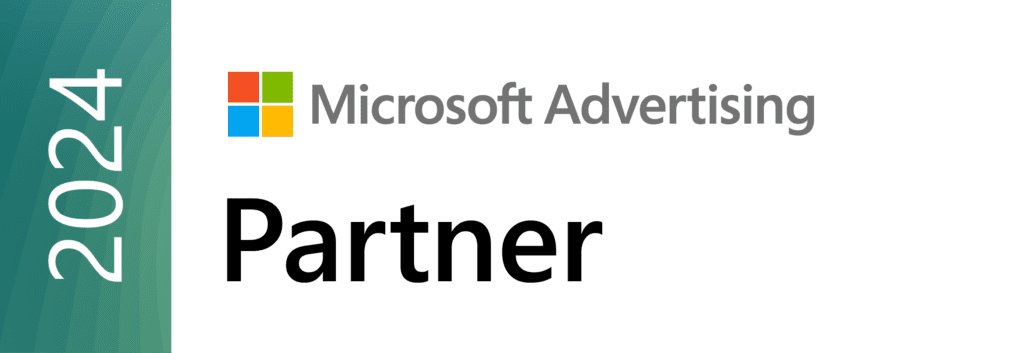On the heels of Facebook changing their company name to Meta, the tech giant announced a major update to their ad targeting options.
In an effort to adapt to privacy regulations, the platform is removing sensitive ad categories from Detailed Targeting beginning January 19, 2022. Options referencing causes, organizations, or public figures that relate to health, race or ethnicity, political affiliation, religion, or sexual orientation will be impacted. As stated on the Meta for Business blog by Graham Mudd, VP of Product Marketing/Ads, examples include:
- Health causes (e.g., “Lung cancer awareness”, “World Diabetes Day”, “Chemotherapy”)
- Sexual orientation (e.g., “same-sex marriage” and “LGBT culture”)
- Religious practices and groups (e.g., “Catholic Church” and “Jewish holidays”)
- Political beliefs, social issues, causes, organizations, and figures
While thousands of targeting options will be removed, Meta emphasises that changes are not based on physical characters or personal attributes, but are instead related to content interactions. Once rolled out, these category removals will undoubtedly have major impacts—particularly among political, non-profit, and healthcare brands. Facebook’s decision is already causing controversy among advertisers, but this isn’t the first time that the platform has made the decision to remove sensitive targeting categories. It also isn’t likely to be the last.
We continue to see more and more impending changes highlight the need to utilize first-party data in order to garner more control over your campaign delivery and success. The Facebook Pixel will continue to help build audiences and enable you to deliver relevant ads to users. In particular, custom audiences will become a key component of effective Facebook advertising strategies. For example, creating lookalike audiences based on users who have engaged with your Facebook or Instagram profiles/ads or who have visited your pixeled website will help to reach more qualified audiences. Not only will these audience types become more important with the removal of targeting criteria, but these audiences have historically been the top-performing ad sets within campaigns already.
Moving forward, brands and their campaigns will need to adapt, but existing ad sets with impacted targeting options will continue to run until Mar 17, 2022.









